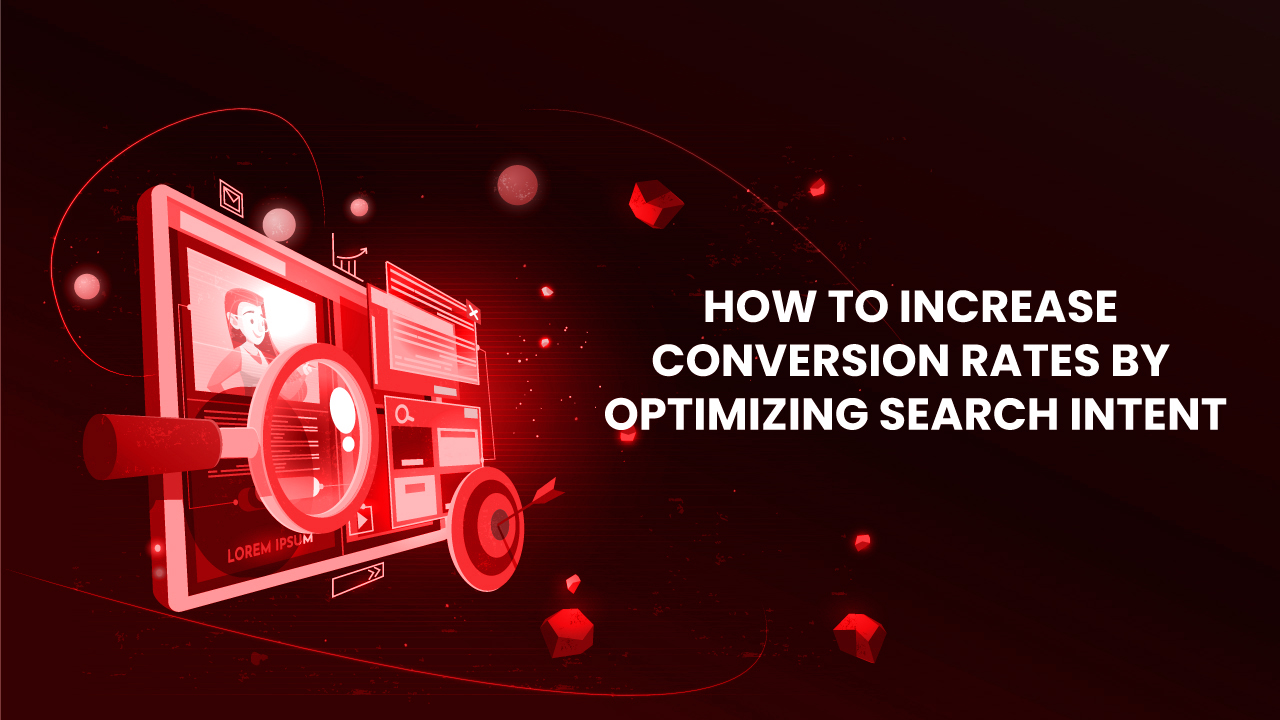SEO was a new concept that relied heavily on keyword usage in the page’s content. Content is decisive for business success. Savvy content creators are creating content that resonates with the search intent of their audience.
If you want to improve your conversions, Google’s refined algorithm can help you to understand better what users are searching for. By understanding search intent and using search intent keywords you can create content that speaks directly to the users’ interests and needs. This can help drive more leads and increase your conversion rates. How? Without further ado, let’s dive in!
What is a Latent Semantic Indexing Keyword?
LSI (Latent Semantic Indexing) keywords are terms that are semantically connected to a primary keyword. If the primary keyword for your website is “credit cards,” then LSI keywords would be “money,” “credit score,” “credit limit,” or “interest rate”. In general, the phrase refers to the semantic interpretation of ideas.
What distinguishes Latent Semantic Indexing?
When conducting keyword research for SEO, you look at three types of keywords: on-topic keywords, synonyms, and semantic keywords. On-topic keywords are the simplest to locate since they are variants and combinations of the core keyword set.
Synonyms are a form of keyword, however, they are not the same as semantic keywords. Synonyms are words that may be used to replace a keyword in a sentence, whereas semantic keywords are words that, when combined, constitute the meaning of the term.
3 advantages of latent semantic indexing (LSI) for SEO
Semantically related keywords have a variety of SEO benefits, regardless of whether they are based on LSI or other semantic techniques or approaches. Let’s dive to know more.
Improved indexation of your content
The most essential advantage of choosing semantically relevant keywords is increasing the likelihood of your content being correctly indexed concerning the keywords you target. If a search engine incorrectly interprets your content, your site will not appear in the SERP (search engine results pages) when consumers search for the desired term.
Improved content readability
Using semantically appropriate words in your material also aids the user’s comprehension of the issue. The more advanced the subject, the more critical this is. Semantic keywords increase reading and understanding for users of all skill levels.
Increased keyword coverage
By broadening your content’s semantic area, you boost your chances of appearing on different keywords or variants. This might help to increase the SEO visibility of your material.
Wrapping Up
The trick is optimizing your content to appear for all these different sorts of search intent. While selecting keywords you must be careful and keywords must be relevant to your business. Examine the search results for queries containing your chosen keywords to figure out how to develop your content. Use informative, commercial, navigational, and transactional keywords to create content that is optimized for each search purpose.
Improve your click-through rate by optimizing your metadata. Examine your rivals to get a sense of how you should be performing. Finally, after your efforts, compare your outcomes to this baseline. Contact Yuved Technology for more details about the Latent Semantic Indexing keyword. Our experts will reach out to you.

